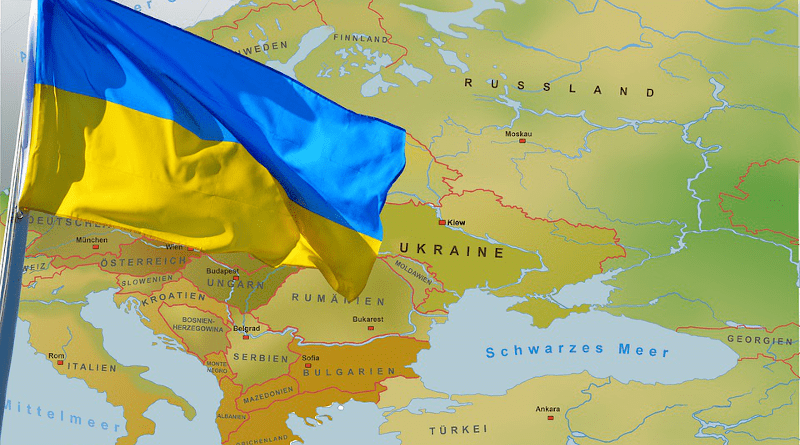Moscow Pressing Russia’s Muslims To Fight In Ukraine Against Their Own Interests – OpEd
By Paul Goble
Moscow has sought to mobilize its Muslim citizens to fight in Ukraine, with Putin publicly identifying himself with them during a visit to Daghestan and the Kremlin arranging for its loyalists in the Muslim hierarchy to declare Putin’s war in Ukraine a jihad.
But such efforts look both “grotesque and absurd” for two reasons, Prague-based analyst Vadim Sidorov says. On the one hand, Muslims in Russia are being asked to fight for a regime that is consistently anti-Muslim and against one that has been consistently supportive of its Muslim community (trtrussian.com/mnenie/musulmanskoe-izmerenie-rossijsko-ukrainskoj-vojny-8395145).
And on the other hand, one of the goals of the Kremlin’s campaign in Ukraine is “the inclusion within Russia in one form or another of several tens of millions of Orthodox Slavs to compensate for the decline in the number of ethnic Russians and serve as a counterweight to its demographic ‘Islamization.’”
In other words, Sidorov continues, “the Muslims of Russia are supposed to fight directly against their own interests, not only for the preservation of their current oppressed status but also for its further deterioration over the longer term.” That makes no sense, however much the Kremlin’s pocket Muslim leadership says otherwise.
As far as the Muslims of Ukraine are concerned, they are almost unanimous in supporting Kyiv against Moscow having seen what the occupation of Crimea has meant for their co-religionists. They unlike Muslims who may be in Russian uniform are clearly fighting for their own interests and know it.
Many Muslim nations whose homeland is within the current borders of the Russian Federation are divided, the Chechens most prominently. Ramzan Kadyrov has sent his units to fight in Ukraine although there are reports that they operate more behind the line than as soldiers at the front.
And many Chechens who oppose Kadyrov and Putin are fighting for Ukraine as volunteers. Some have made their way from Russia either now or earlier or have come from émigré communities in Europe and elsewhere. Unlike Kadyrov’s people, they are fighting on the frontlines alongside the Ukrainians, Sidorov says.
Across the Muslim world more generally, a similar pattern holds. Leaders of countries dependent on Russia are backing the Kremlin, but in many countries which aren’t in that situation, the Muslim and political elites are supporting the Ukrainians, in many cases because they see Ukraine as offering Islam a far better deal than Russia does.

